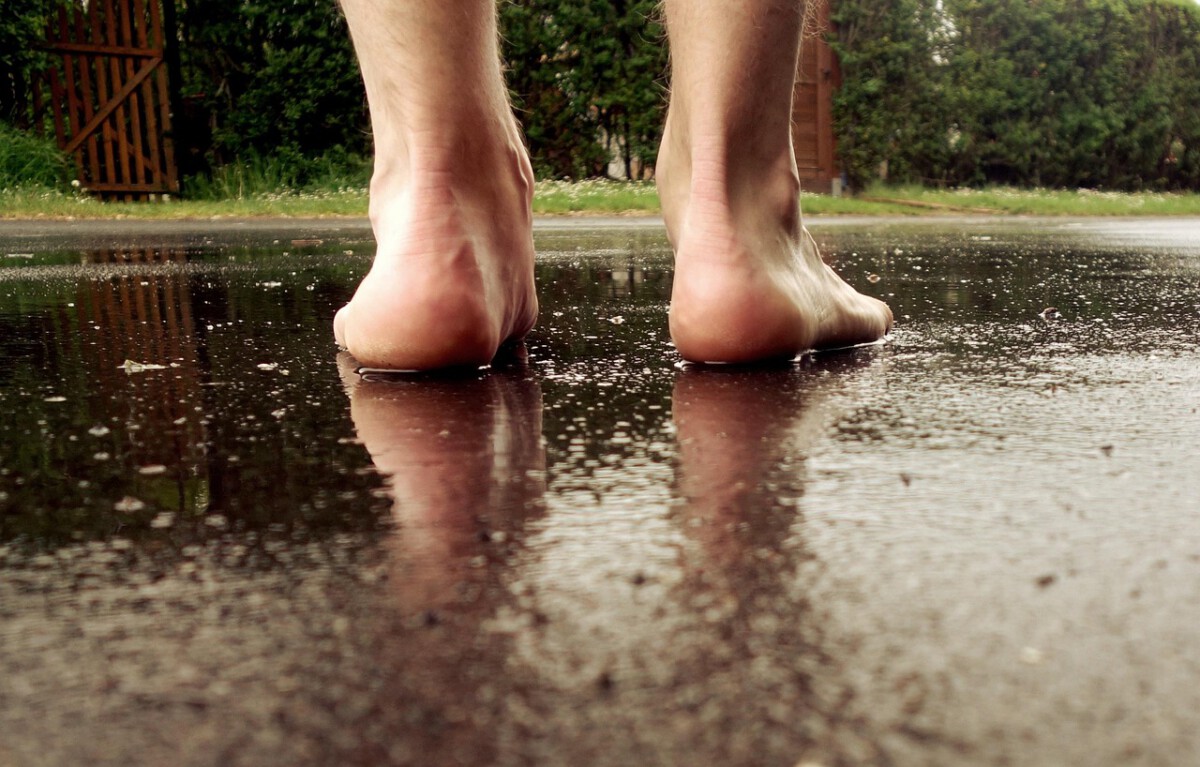The Anatomy of Odor: What Causes Clothes to Smell?

Have you ever wondered why some clothes smell worse than others? The answer lies in the fascinating science of odor. Odor is essentially a complex mix of volatile compounds that our noses perceive as a smell. When it comes to clothes, the primary culprits are bacteria and sweat. Sweat itself is odorless, but when it interacts with the bacteria on our skin, it produces that familiar unpleasant smell. This is why your gym clothes might smell particularly bad after a workout. The bacteria thrive in warm, moist environments, making sweaty clothes the perfect breeding ground for them.
Fabric Matters: How Different Materials React to Sweat

Not all fabrics are created equal when it comes to absorbing and retaining odors. Natural fibers like cotton and wool are breathable and tend to allow moisture to evaporate more quickly. This means they are less likely to harbor bacteria and the resulting smells. On the other hand, synthetic fibers such as polyester and nylon can trap moisture, providing a haven for bacteria to grow. This is why your polyester workout gear might smell worse than your cotton t-shirt, even if you’ve worn both for the same amount of time.
The Role of Fabric Treatments and Chemicals

Modern clothes often come with a variety of chemical treatments designed to enhance their performance. Water-repellent coatings, anti-wrinkle treatments, and colorfast dyes can all affect how a fabric absorbs and retains odors. Some treatments can create a barrier that prevents odors from penetrating the fibers, while others might trap smells within the fabric. For instance, antimicrobial treatments aim to kill bacteria, thereby reducing odor. However, the effectiveness of these treatments can vary, and over time, they may wash out, leading to increased odors.
Cleaning Habits: Are You Washing Your Clothes Properly?

How you wash your clothes can significantly impact how they smell. Using the right detergent and washing at the right temperature can help eliminate bacteria and odors. Some people swear by adding vinegar or baking soda to their laundry as a natural deodorizer. However, not all odors are created equal, and some, especially those in synthetic fabrics, may require more intense treatment. Overloading your washing machine can also prevent clothes from getting thoroughly cleaned, leaving behind lingering smells.
The Science of Drying: Why It Matters

Drying your clothes properly is just as important as washing them. Damp clothes can develop mold and mildew, both of which contribute to bad odors. Air-drying is an excellent option for natural fibers, as it allows them to dry thoroughly and reduces the risk of shrinking. However, for synthetic fabrics, a hot dryer can help kill any remaining bacteria and speed up the drying process. It’s essential to ensure that clothes are completely dry before storing them to prevent musty smells from developing.
Storing Your Clothes: Tips for Keeping Them Fresh

Once your clothes are clean and dry, proper storage is key to maintaining their freshness. Clothes stored in humid or poorly ventilated areas are more likely to develop odors. Using breathable garment bags and avoiding plastic storage containers can help keep your clothes smelling fresh. Additionally, adding sachets of lavender or cedar can not only make your wardrobe smell nice but also deter pests. Regularly airing out your closet can also prevent odors from building up over time.
The Impact of Personal Body Chemistry on Clothing Odor

Interestingly, your body’s unique chemistry can also play a role in how your clothes smell. Factors such as diet, hormones, and personal hygiene can all influence the types of bacteria present on your skin. For example, a diet high in certain foods like garlic and onions can lead to more pungent body odor, which can transfer to your clothes. Maintaining good personal hygiene and choosing a deodorant that works well for you can help manage body odor and, in turn, reduce clothing smells.
Environmental Factors: How Climate Influences Clothing Odor

The climate you live in can also affect how your clothes smell. Warm, humid climates provide an ideal environment for bacteria to thrive, leading to stronger odors. Conversely, dry, arid climates may result in less pronounced smells. If you live in a particularly humid area, consider using a dehumidifier in your home to reduce moisture levels. This can help keep both your clothes and your living space fresher.
Innovations in Odor-Controlling Fabrics

In recent years, researchers have been developing innovative fabrics designed specifically to combat odors. These fabrics often incorporate materials like silver or copper, known for their antimicrobial properties. Such fabrics are becoming increasingly popular in activewear and underwear, where odor control is a significant concern. While these innovations are promising, they are still relatively new, and their long-term effectiveness remains under study.
Conclusion: The Science of Smell Is More Complex Than It Seems

In conclusion, the science behind why some clothes smell worse than others is a fascinating interplay of biology, chemistry, and environmental factors. From the types of fabrics and treatments used to personal body chemistry and climate, numerous variables can influence clothing odors. By understanding these factors, we can make more informed choices about our clothing and care routines, ultimately keeping our wardrobes smelling fresh and clean.





